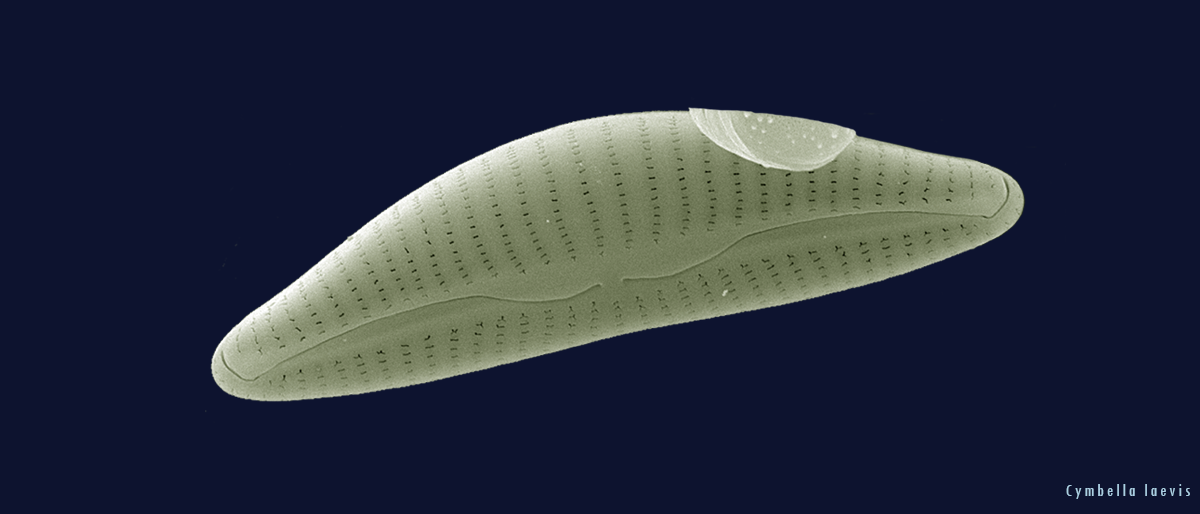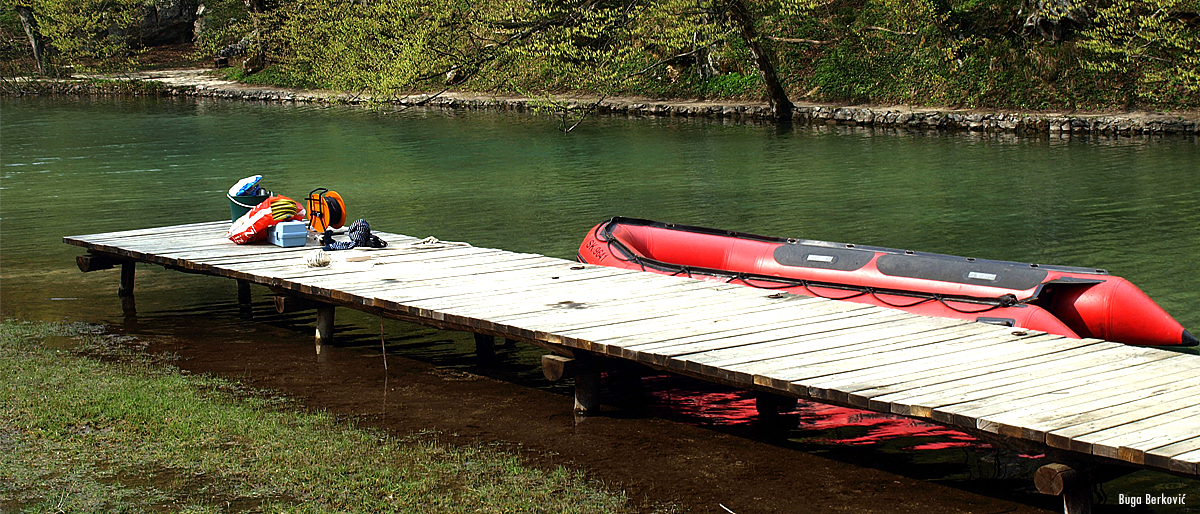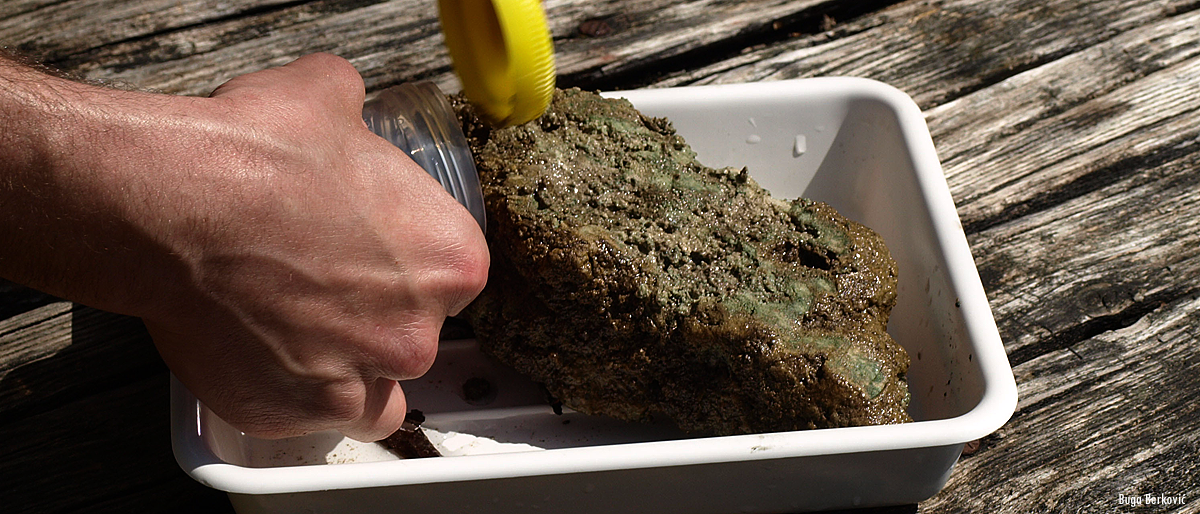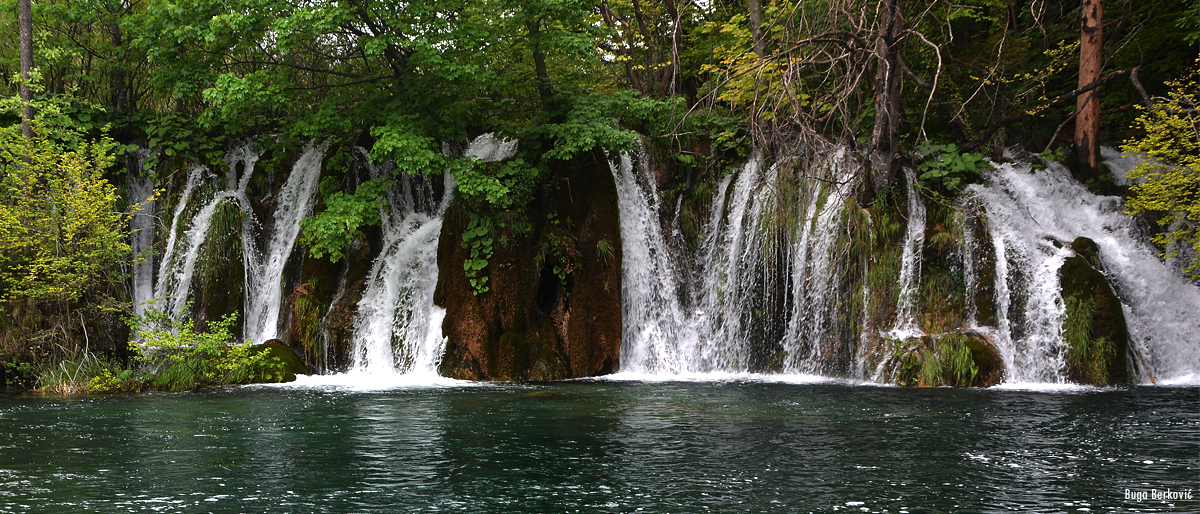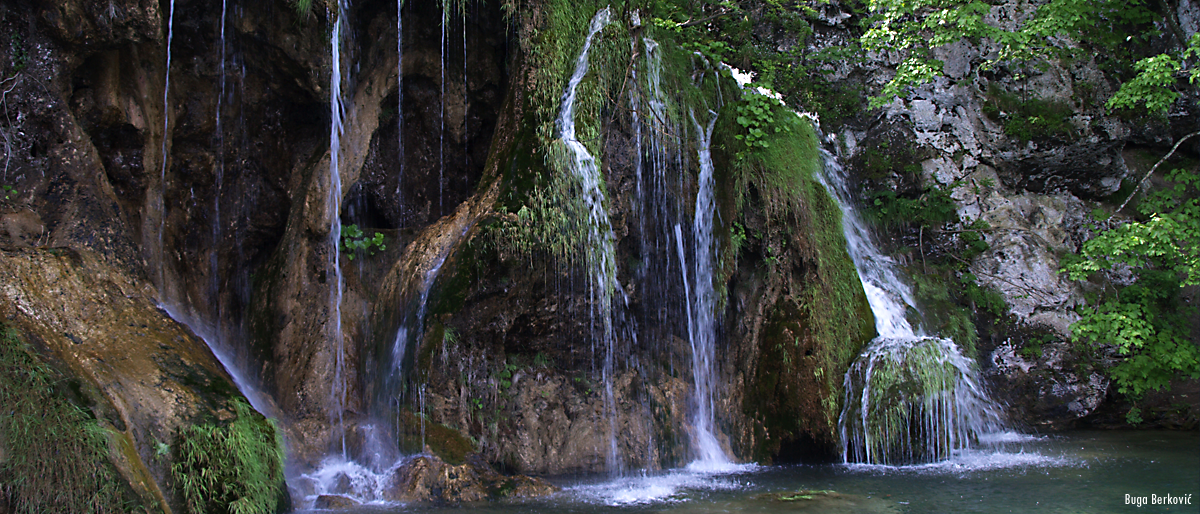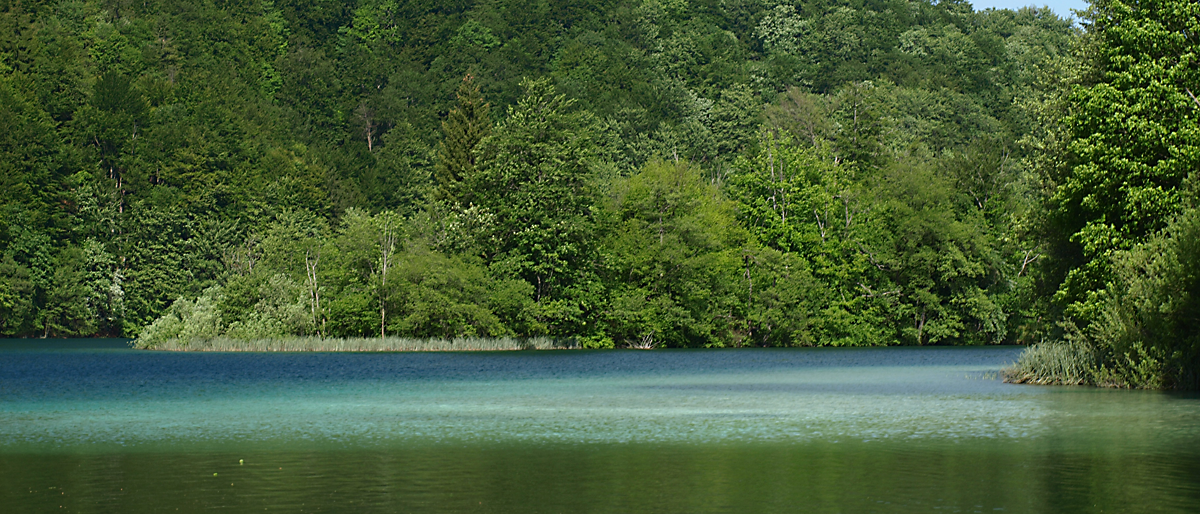The value of the Project, except the emphasis on science (environmental) issues, is shown through the strengthening of human resources in terms of scientific recognition, international competitiveness and gender equality of the participating researchers, so the project provides support for two young researchers – a male and a female.
At the present time, with extremely large flow of information, connectivity and networking, and a substantial increase in the mobility of scientists, it is extremely important for researchers, next to their scientific work, to develop competencies that will help them in writing and implementing projects and independent scientific research. A large number of young researchers in the Republic of Croatia have no experience in independent preparation and implementation of the projects, making them largely non-competitive in the European Research Area. Therefore, the target group of the Project includes two young researchers whose previous research was based on the investigation of ecological characteristics of aquatic ecosystems and their living communities, with emphasis on the algae, especially diatom algae as an indicator of the ecological status of water. Through this project they will get the opportunity to develop their scientific work, present the results of their work at professional conferences in the country and abroad, as well as in the scientific journals and acquire education and experience for writing and managing projects financed from EU funds.
Scientific relevance of the Project
The subject of scientific research of the Project are diatoms and their role in the description of the ecological status of freshwater karst lakes. Describing the ecological status of a watercourse we are defining community of organisms that live in it and monitoring the changes in communities through time and space (depth of the lake) it is possible to determine the initial, i.e. zero, state. This project contributes to better understanding of the initial state of the karst lakes and of the causes of changes in their ecological status, thus contributing to a better implementation of the Water Framework Directive, but also directly contributing to the protection of the environment and its sustainable development.
Within the Project two young researchers, Dr. Sc. Peter Žutinić and Dr. Sc. Buga Berković, are working on description of the ecological status of karst lakes based on the diatom algae, on the two locations at Lakes Kozjak and Prošće (Plitvice Lakes). With this work aim is to complement the available indicator system to make it applicable to other karst lakes in Croatia. The scientific value and contribution of this research is reflected in the application of the European Water Framework Directive (WFD), as the basic document of the European Commission, which describes water management. Its application is a legal requirement of Croatia and its determinants are since April 2013 (NN 56/2013) included in the Water Act of Republic of Croatia. WFD distinguishes five biological elements of quality of water, of which for watercourse it is suggested the use of benthic diatoms and for the standing waters the phytoplankton. Since diatoms are present in the lake systems as well, there is a need for research and comparison of these groups in plankton and in benthos.
Expected scientific results of the Project are:
- 1. Description of characteristics of plankton algae community relevant for determination of ecological status of waters, with emphasis on the role of planktonic diatom algae,
- 2. Description of characteristics of benthic algae community with the aim of calculating trophical index of diatoms (TID).


